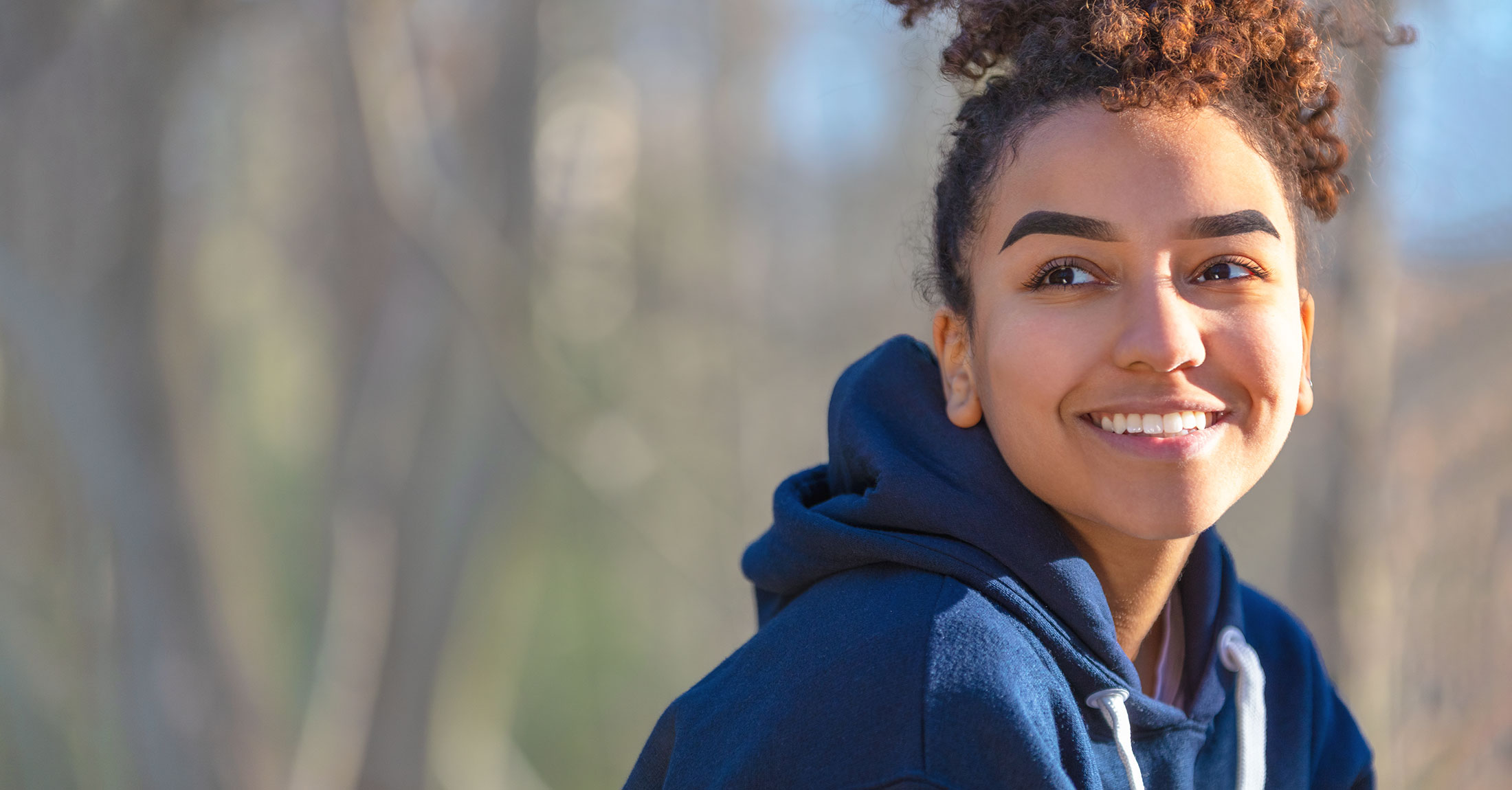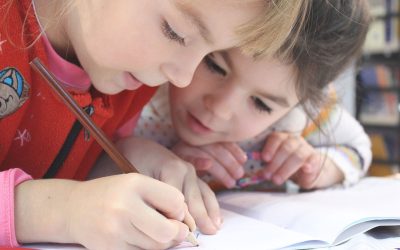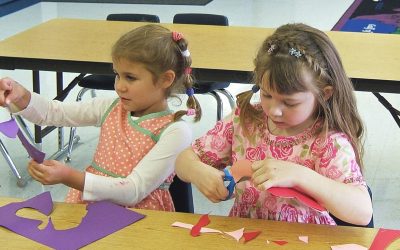What kids do and learn is dependent upon what they already know. What exactly does this mean for parents who want to encourage children’s learning and creativity?
In a recent column posted at “Psychology Today,” Dr. Dona Matthews looked to educational psychology as the underlying impetus for 18 recommendations for parents who want to help children and teenagers thrive at home and school. She based her work on a review of top principles gleaned from psychological research, and published by the American Psychology Association (APA). These principles apply directly to teaching and learning processes. Dr. Matthews considered the concepts carefully, referred to a complementary article written for educators by Nancy Fenton, and then aligned the material to suggest ways in which parents can support and encourage children’s academic success and intellectual development throughout childhood and adolescence.
All the suggestions in Dr. Matthews piece are excellent, but #2 in particular stands out for me because it raises a very important point about foundational knowledge that I believe parents sometimes overlook. Here’s the principle as noted within the APA review, and point #2 as presented in the article by Dr. Matthews. This is followed by my reiteration of the point, and a brief discussion about why I think it matters so much. I include other considerations as well.
APA Principle– “What students already know affects their learning.”
Dr. Matthews – “Start with what your child knows now. All learning builds on prior knowledge. When helping your child acquire a new skill (from sweeping the floor to mastering mathematics), check out his current beliefs and abilities, and build on that. Start by addressing any misconceptions or bad habits, and help him figure out how to do it right, one small step at a time.”
Key Point
When kids build on what they already know, it provides them with a foundational base for moving forward. However we sometimes send kids off to learn something and forget that learning is contingent upon having prior knowledge. Without strong footings, or when there are gaps in a core structure, subsequent layers are liable to collapse. This makes sense from an architectural perspective, but the same general principle applies when thinking about learning and creative pursuits. Knowledge is supportive, enabling one to build ideas and bridges to further understandings. “Knowledge is power.”[1]
Discussion
Let’s say your daughter wants to create a miniature flying machine. This would be next to impossible for her to do unless she has some understanding of aerodynamics and engineering, and she possesses the manual dexterity and skills required to construct such an intricate apparatus. She could acquire understanding and skill development over time and with effort, and this would be the basis for designing and building the machine.
Perhaps your son wants to write a story about someone caught in an avalanche or a tsunami. It would be difficult for him to do that without some knowledge of where and why avalanches or tsunamis occur, and what kinds of experiences other people have had in such harrowing circumstances. Because he can’t actually be “in” a natural disaster like this he would have to research the topic.








